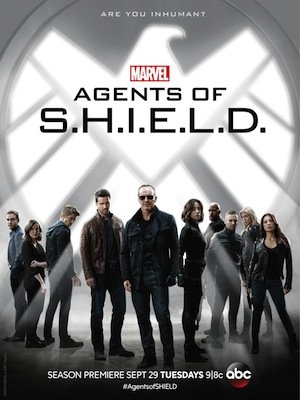 The FBI Needs You to Delete This Text Immediately
The FBI Needs You to Delete This Text Immediately
Movieguide® Contributor
The FBI is warning the public how to stay safe amid numerous reports of scam texts that lead phone owners to think they have unpaid road tolls.
The FBI’s nickname for scam texts is “smishing,” a mashup of “SMS” and “phishing.” The agency describes it as “a social engineering attack using fake text messages to trick people into downloading malware, sharing sensitive information, or sending money to cybercriminals.”
Palo Alto Networks’ Unit 42 said the scam “entices users to reveal personal and/or financial information, including credit or debit card and account information.”
In the last year, the FBI Internet Crime Complaint Center received 2,000 smishing complaints about toll road scammers. The texts say the recipient has an “outstanding toll amount” and provides a link to the state’s toll service name, per People.
It looks like this: “(State Toll Service Name): We’ve noticed an outstanding toll amount of $12.51 on your record. To avoid a late fee of $50.00, visit https://myturnpiketollservices.com to settle your balance.”
RELATED: AI CONTRIBUTES TO RISE IN CYBERCRIME: HERE’S HOW TO PROTECT YOURSELF
The Federal Trade Commission said, “Not only is the scammer trying to steal your money, but if you click the link, they could get your personal info and even steal your identity.”
The top five localities toll road scammers have targeted are Dallas, Atlanta, Los Angeles, Chicago and Orlando. Those are followed by Miami, Houston, Denver, Phoenix and Seattle.
The FBI recommends phone owners do not click any links or reply to any smishing messages, and delete any smishing texts they receive. If users do press any link or provide personal info, they should immediately secure their personal information, especially their financial info.
Scam targets can also file a complaint with the Internet Crime Complaint Center at http://www.ic3.gov with the phone number and website and link details in the text. They can also visit the legitimate toll service’s website or contact their customer service to verify if they owe on any payments.
Other common smishing scams appear as if they are from delivery services, like DHL, USPS or Fedex, or well-known retailers like Amazon.
Users can check whether a link is legit by looking at the domain name. If it includes “.xin” at the end, it indicates it’s a scam link likely built by Chinese cybercrime groups. For example: dhl.com-new[.]xin, driveks.com-jds[.]xin and ezdrive.com-2h98[.]xin.
READ NEXT: HERE’S WHAT PARENTS NEED TO KNOW ABOUT KEEPING TEENS SAFE FROM SEXTORTION SCAMS
Questions or comments? Please write to us here.


 - Content:
- Content: 

